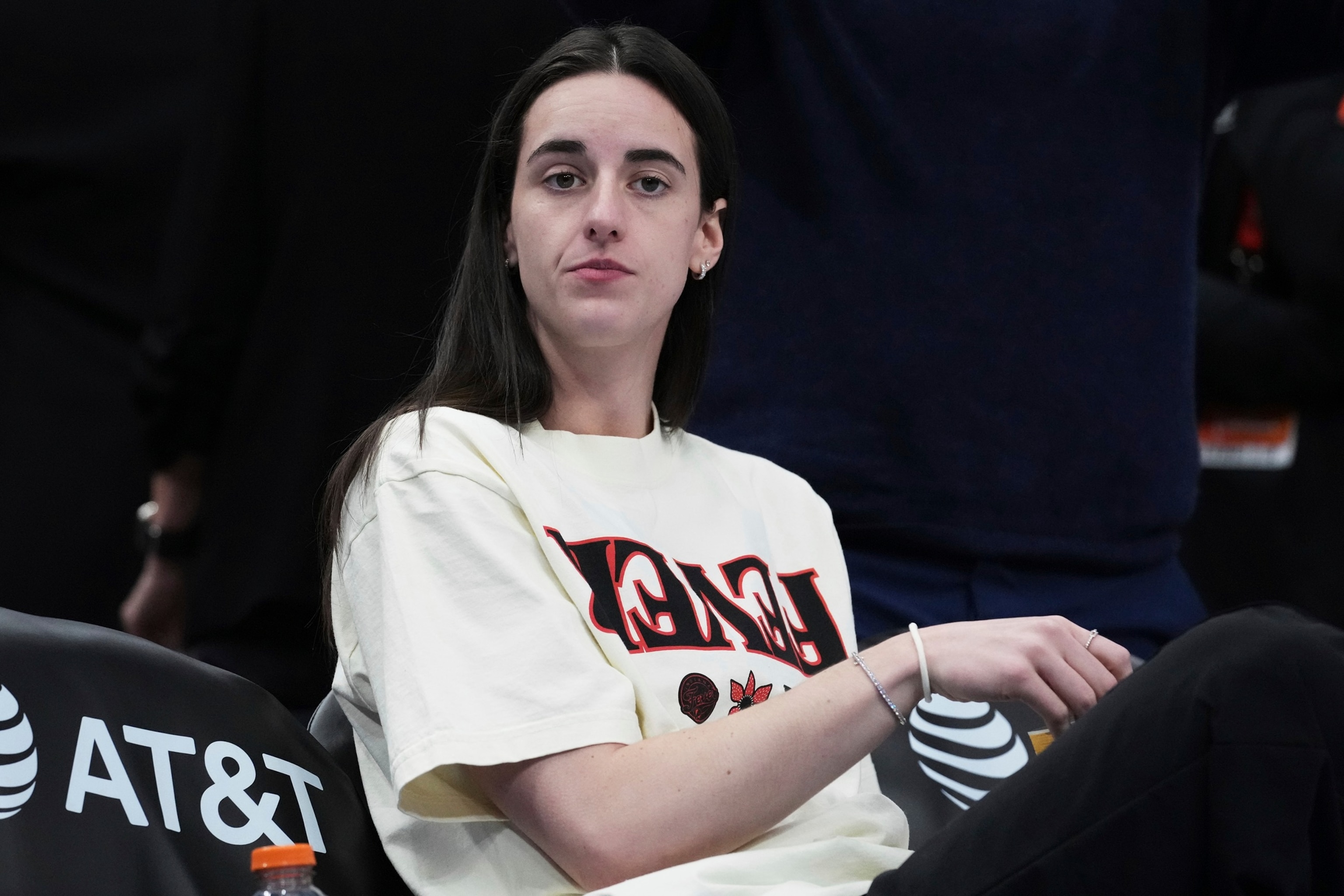The Indiana Fever stands at a pivotal juncture in their franchise history, poised to craft a championship-caliber team around the undeniable talent of Caitlin Clark. As the dust settles on the current season, the focus invariably shifts to the future, specifically to the difficult but necessary decisions regarding the existing roster. Who stays, who goes, and what strategy best serves the long-term vision of a winning franchise? This isn’t merely about individual performance; it’s about synergistic chemistry, strategic fit, and the relentless pursuit of excellence that Clark’s presence now demands.

At the heart of the Fever’s future is the symbiotic relationship between Caitlin Clark and Aliyah Boston. Their pairing is widely regarded as one of the most potent guard-big combinations in the league, a dynamic duo whose pick-and-roll game is virtually unstoppable. Boston’s interior presence complements Clark’s perimeter wizardry, forming a foundational core that any serious contender would envy. Keeping Boston is not just a preference; it’s an absolute necessity for the Fever’s sustained success.
The World’s GREATEST Caitlin Clark Highlight Reel 🔥
Beyond the undeniable core, the discussion opens up to a cast of supporting players, each evaluated for their potential contribution to a Clark-centric offense and a robust defense. Khloe Bibby, despite a limited sample size, has made a compelling case for her inclusion. Her ability to stretch the floor as a forward, providing valuable spacing for Clark and Boston to operate, is a skill set highly coveted in modern basketball. A stretch-four who can knock down threes and contribute defensively would be an ideal complement, and Bibby appears to fit that mold.

Then there’s Sophie Cunningham, affectionately known as “Sophie the Trophy.” Her aggressive three-point shooting and tenacious defense make her a valuable asset. More importantly, Cunningham has demonstrated an invaluable quality often overlooked: loyalty and a willingness to stand up for her teammates, notably coming to Clark’s defense on several occasions. This blend of on-court skill and off-court camaraderie makes her a strong candidate for retention.
Man sentenced for stalking and harassing WNBA star Caitlin Clark – ABC News
Lexie Hull also emerges as a player whose contributions transcend simple statistics. Her relentless defensive energy, picking up opponents full-court, combined with her ability to knock down timely threes, makes her an indispensable role player. Hull’s all-around effort and high motor are qualities that elevate the entire team’s intensity and competitive spirit.

The conversation extends to the backup point guard position, where Erica Wheeler presents a compelling case for her return. While her shooting can be inconsistent, her defensive grit and ability to orchestrate the offense, particularly when sharing the floor with Clark, make her a suitable backup. The understanding that the ball remains in Clark’s hands when they play together is crucial, and Wheeler seems to embrace this dynamic.
A rising star who could significantly impact the Fever’s future is Michaela Timpson. Her raw athleticism and continuous improvement, particularly her strong performances in limited minutes, suggest she could develop into a formidable power forward. There’s a strong belief that Timpson could challenge for a starting spot, potentially even taking over from a veteran, and her explosiveness around the rim is exactly what a team building around dynamic guards needs.
However, not everyone on the current roster fits the long-term vision. Some tough decisions loom. Sydney Colson, at 35, might be a valuable locker room presence, but her on-court utility at a veteran minimum deal is questionable, especially if the team aims for more athletic and impactful contributions from its bench. The sentiment leans towards letting her move on.
Similarly, Didi Richards and Natasha Howard, while having had their moments, appear to be players the team could upgrade from. The search for better backup bigs and more consistent offensive threats suggests that these players might be on the outside looking in. The pursuit of higher-ceiling talent is paramount as the team evolves.
Perhaps the most complex decision revolves around Kelsey Mitchell. As a free agent and a certified bucket-getter, Mitchell commands a significant contract. While her scoring ability is undeniable, the question arises whether the team needs to allocate significant cap space to another primary scorer when Clark is the focal point. If Mitchell seeks a max deal, the Fever might be content to let her explore other options, confident in their ability to find a quality two-guard who fits a more complementary role alongside Clark. The philosophy here is clear: with Clark as the engine, the priority shifts to acquiring pieces that enhance her game rather than competing with it.
Finally, there’s Bree Turner. The consensus points to moving on from Turner, suggesting that her departure is long overdue.
In essence, the Indiana Fever’s roster construction for the next season will be a calculated exercise in optimizing talent around Caitlin Clark. It’s about securing the core with Aliyah Boston, embracing emerging talents like Khloe Bibby and Michaela Timpson, valuing relentless effort from players like Lexie Hull and Sophie Cunningham, and making disciplined, forward-looking choices on veterans who may no longer align with the team’s evolving championship aspirations. The ultimate goal is to build a cohesive, competitive unit that maximizes the potential of its generational star.